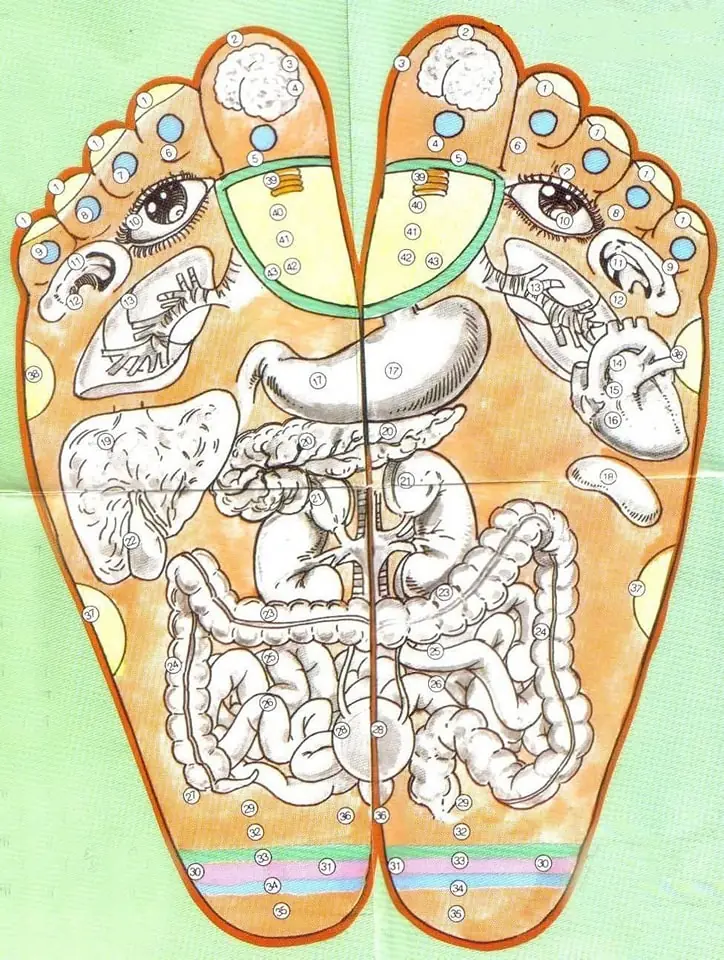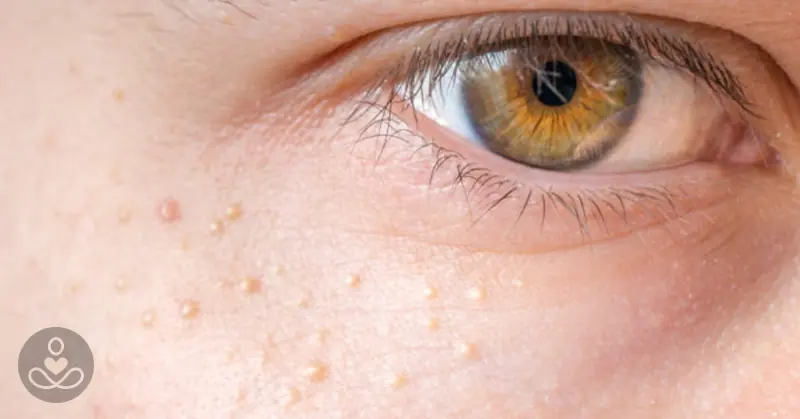
New Study Reveals Concerning Cause Behind Certain Kidney Damage
A groundbreaking study found a troubling correlation between PFAS and kidney damage. Keck School of Medicine researchers have discovered a link between stomach disorders, kidney damage, and per- and polyfluoroalkyl substances (PFAS), examining all three of them simultaneously for the very first time. The study presents new data that supports the health risks of exposure to these dangerous substances.
The Study on PFAS Exposure

The study revealed that four years after continuous PFAS exposure, kidney function dramatically deteriorated. Furthermore, the researchers attributed 50% of the decline in function to changes in the flora present in the gut. The researchers analyzed data from 78 volunteers aged 17 to 22, collecting stool and blood samples to establish a baseline of PFAS exposure and relative gut health. The researchers collected new samples four years later and ran a second series of kidney function tests.
The Results of the PFAS and Kidney Damage Study

According to Hailey Hampson, the study’s lead author, they saw that “exposure to PFAS was potentially altering the composition of the microbiome, associated with lower levels of beneficial bacteria and lower anti-inflammatory metabolites.” Due to the fact that these chemicals don’t break down in the human body or environment, they are commonly referred to as “forever chemicals”.
Read More: 10 Common Habits That May Harm Your Kidneys
Potential Health Complications

These extremely harmful chemicals have been associated with several health problems, such as cancer, cardiovascular disease, and chronic kidney disease. Nonetheless, they continue to be used to make nonstick and water-resistant products. PFAS are found in almost everybody’s blood, and they have been linked to several kinds of detrimental effects on health. However, we do not as yet have any known therapies to lower PFAS in the body, therefore the researchers are unable to offer recommendations to help. This has obviously raised much concern on how to deal with this issue and prevent kidney damage and other conditions from developing.
The Significance of New Research

The study has presented new information to the public concerning the suspected health risks associated with PFAS exposure. Following the completion of the study, the researchers developed a road map for additional studies on PFAS and kidney damage. They suggested oxidative stress and inflammation as areas for further research to better understand how PFAS affects the gut microbiome. These studies have brought the dangers of PFAS into the public light, making us aware of the fact that companies continue to use these chemicals despite the known risks to us and our planet.
Potential Changes in Policy

The researchers hope that policymakers will implement changes to protect us from these chemicals as more data becomes public. According to Jesse A. Goodrich, the study’s senior author, “Our findings are an important piece of the puzzle about the many different health risks of PFAS, which can provide policymakers with information that helps them develop policies to protect the public from exposure to these chemicals”. Whether this will occur anytime soon is yet to be seen.
The Bottom Line on PFAS and Kidney Damage

The revelation of a link between PFAS and kidney damage highlights the urgent requirement for additional study and regulatory action. These “forever chemicals” continue to exist in our bodies and environment, raising severe concerns about their long-term health impacts. While there’s no recognized therapies for removing PFAS, raising awareness and advocating for regulatory changes may help reduce future exposure. As researchers continue to investigate the impact of PFAS on human health, it is critical that individuals and politicians take these results seriously. It may be the only way to preserve public health and prevent future harm.
News in the same category


Are Feet an "Early Warning Sign" of Cervical Cancer? Don’t Ignore These 4 Situations

Cancer Dies When You Start Eating These 7 Foods. Time to Start Eating Them

YOUR BODY IS ASKING FOR HELP! 10 Warning Signs of Nutrient Deficiencies & How to Fix Them

Eliminate Cancer, Diabetes, and High Blood Pressure with Dr. Frank Suárez’s Home Remedy

Healthy Green Juices for Liver Health | Detoxify Your Body | Burn Fat and Improve Your Health

The Natural Cure for Diabetes, High Blood Pressure, Poor Circulation, and Cancer – No Pills Required!

Life Plant (Kalanchoe pinnata): A Natural Remedy with Remarkable Benefits

The Incredible Health Benefits of Greater Milkweed (Euphorbia hirta) for Diabetes, Liver, Kidney, and Cancer

7 Signs Of Intestinal Parasites Living Inside Your Body

How Your Feet Could Be Signaling Heart Problems and Clogged Arteries

10 Signs You’re Living With Clogged Arteries

Eat More Eggs, It Might Help Protect You From Osteoporosis

If You Have These Tiny, White Bumps on Your Face, Don’t Try to Remove Them!

8 of the Best Anti-Cancer Foods. It’s Time to Start Adding them to Your Diet

Eye-Opening Simulation Demonstrates the Harmful Effects of Vaping

Your Body Could Be Warning You With These 9 Signals A Month Before A Heart Attack

Healthy Green Juices for Liver Health | Detoxify Your Body | Burn Fat and Improve Your Health

Two fetuses shockingly found inside baby boy's tummy that were once his siblings
News Post

Woman Helps Single Dad at Store, Sees Bracelet She Buried with Her Child on His Daughter

Instant Glow for Working Women: Effective Home Remedies for All Skin Types

4-Week Challenge to Lift and Firm Saggy Breasts: Natural Home Remedies and Exercises

I assumed my neighbor was a devoted mother until I discovered she was only raising her stepdaughter due to her late father’s wishes—so I took action

DIY Rice Water Ice cubes for Clear Skin – Shrink Large Pores

DIY Rice Serum for Radiant Glowing Skin

My Husband Threw $20 in My Face and Demanded a Thanksgiving Feast — He Didn't See My Revenge Coming
When my husband Mike tossed $20 at me and demanded I cook a Thanksgiving feast for his family, I realized I was done being his personal chef, maid, and doormat. He thought I'd let it slide, but I planned to serve him something unforgettable this Thanksgiv

Discover the Incredible Benefits of Combining Castor Oil and Epsom Salt

Lainey Wilson Is Engaged - How Her Love Story with Devlin ‘Duck’ Hodges Began

Check for 6 diseases

My Parents Stole My Dream Wedding Venue for My Sister but My Grandparents Had My Back
The day my sister booked my dream wedding venue, I thought my heart would shatter. But my grandparents had other plans. With one bold move, they changed everything and showed me what real family support looks like.

Are Feet an "Early Warning Sign" of Cervical Cancer? Don’t Ignore These 4 Situations

DIY Aloevera Oil for Hair Growth – Get Thick Hair

What Happens When You Use Baking Soda? Unbelievable Benefits

Cancer Dies When You Start Eating These 7 Foods. Time to Start Eating Them

YOUR BODY IS ASKING FOR HELP! 10 Warning Signs of Nutrient Deficiencies & How to Fix Them

7 benefits and uses of Plantago Major

The Natural Power of Lemon in Relieving Varicose Veins
